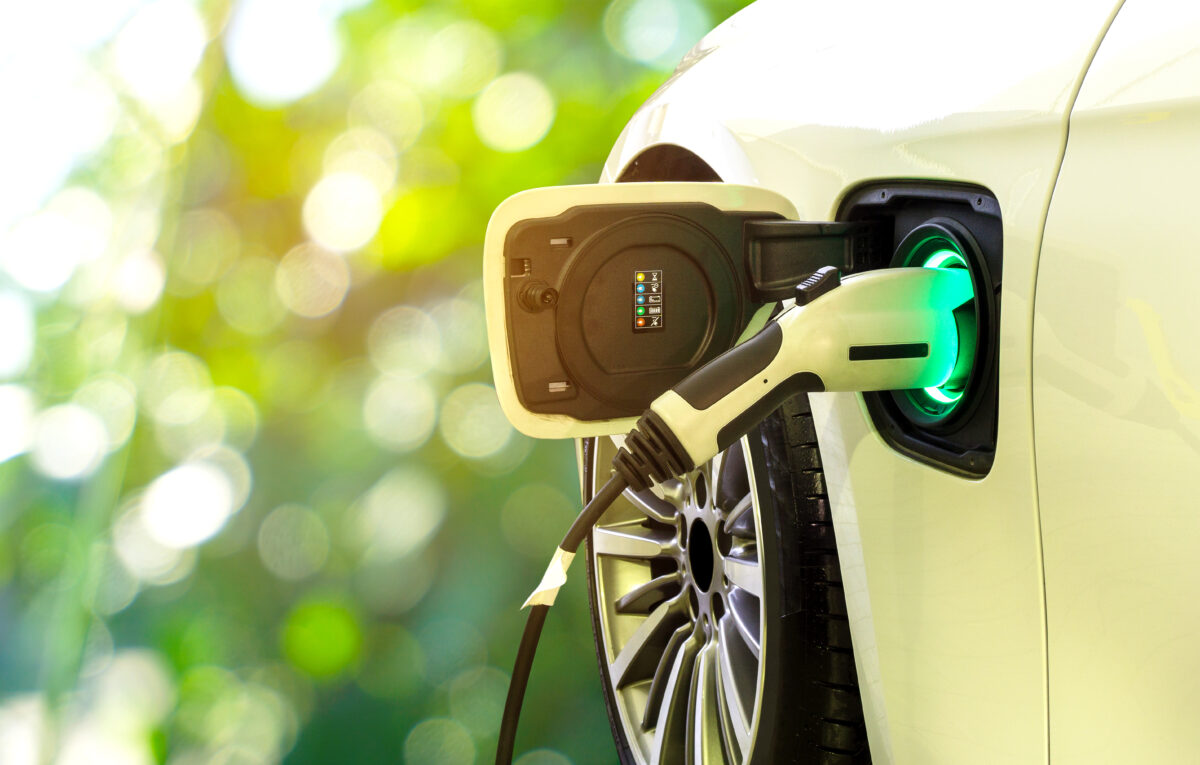New electric car Brexit trade rules could cost European manufacturers up to £3.75 billion (€ 4.3 bn) over the next three years, according to the European Automobile Manufacturers Association.
The rules of origin, which apply to shipments of vehicles between the UK and mainland Europe as part of the Brexit deal, mean that electric vehicles will need to have batteries produced either in the UK or the EU.
The industry body has said the rules, which will apply from January, could reduce electric vehicle production by up to 48,000 units or the equivalent output of two average-size auto-factories.
“Driving up consumer prices of European electric vehicles, at the very time when we need to fight for market share in the face of fierce international competition, is not the right move, neither from a business nor an environmental perspective,” said ACEA president and Renault Group CEO Luca de Meo.
“We will effectively be handing a chunk of the market to global manufacturers. Europe should be supporting its industry in the net zero transition as other regions do – not hindering it,” he continued.
Subscribe to Sustainability Beat for free
Sign up here to get the latest sustainability news sent straight to your inbox everyday
“There is a very simple and straightforward solution: extend the current phase-in period for battery rules by three years. We urge the Commission to do the right thing.”
The news comes as UK Prime Minister Rishi Sunak has come under fire for his u-turn on net zero policy, with carmakers including Ford UK chair Lisa Brankin criticising his decision to push back.
In a statement she said a “relaxation of 2030 would undermine ‘ambition, commitment and consistency’”.
Earlier this week the legacy car manufacturer Volvo announced that it will produce its last diesel car in 2024, and will move towards selling fully electric cars by 2030.
Electric cars are becoming increasingly popular in the UK, with an 83% increase in the sales of both fully electric and hybrid vehicles over the last three years.















